Optimal Timing for Waterproofing Applications
Waterproofing is a crucial process to prevent water intrusion and protect structures from damage. The timing of waterproofing applications can significantly impact their effectiveness and longevity. Proper scheduling ensures materials cure correctly and environmental conditions are optimal for adhesion and performance.
Spring offers mild temperatures and increased moisture, making it suitable for waterproofing projects. It allows ample curing time before the heat of summer.
Summer's warm weather accelerates drying but requires caution to avoid high humidity and rain, which can compromise application quality.
Fall provides cooler temperatures and less humidity, ideal for waterproofing. It prepares structures for winter conditions.
Winter is generally not recommended due to freezing temperatures that hinder curing and adhesion of waterproofing materials.
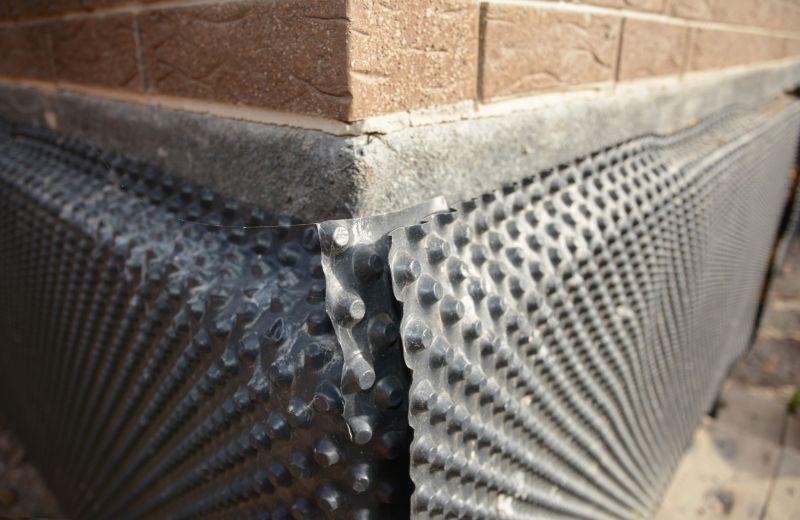
A contractor applying waterproofing membrane on a building exterior during spring.
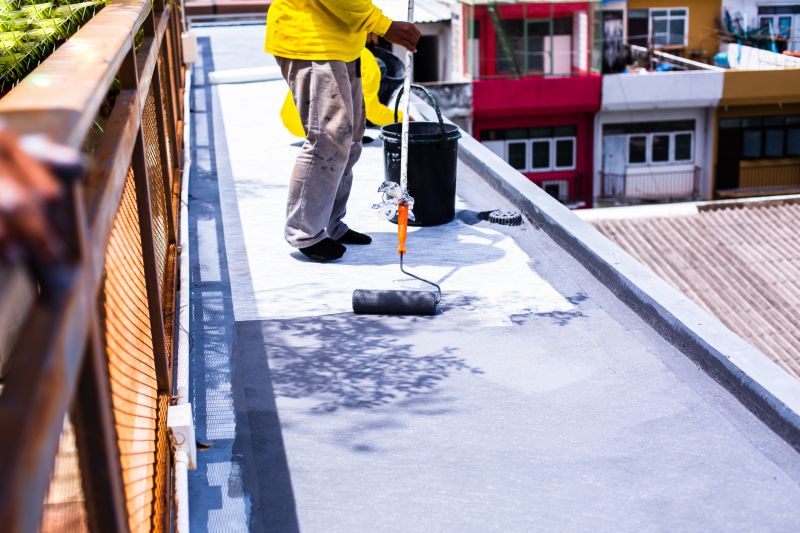
Workers applying waterproof sealant on a roof during warm weather.
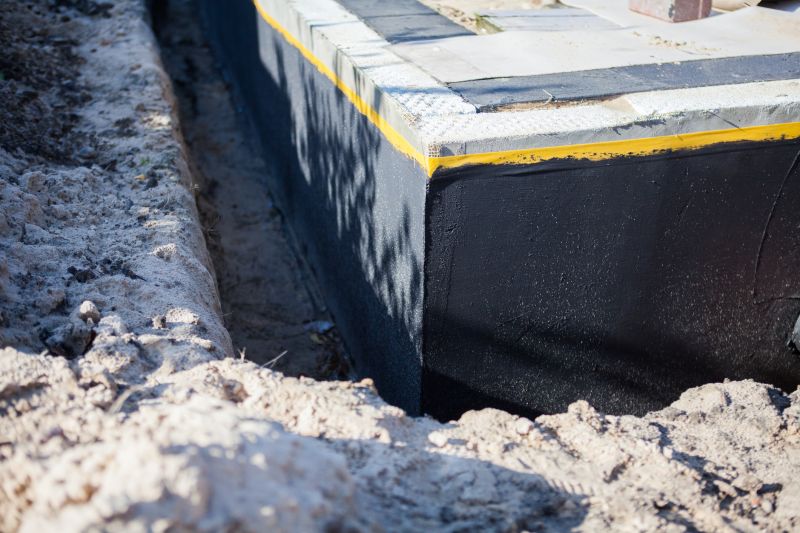
A team sealing basement walls in autumn to prepare for winter.
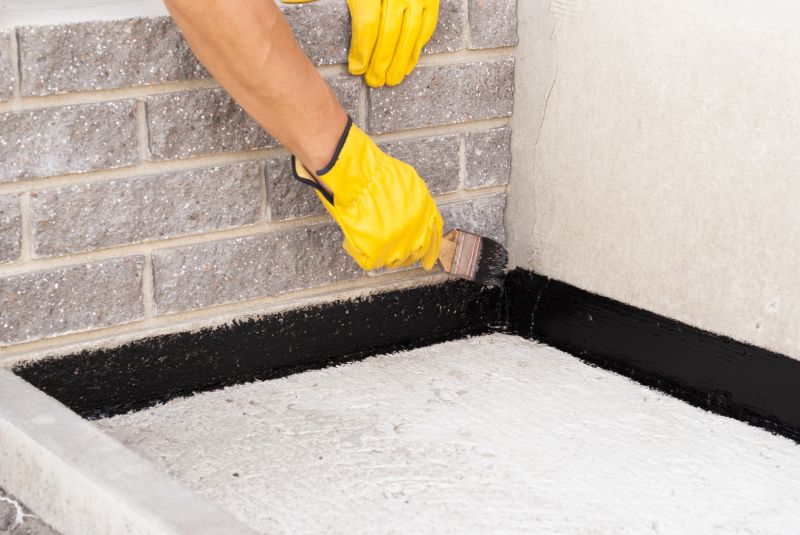
Frozen surfaces and cold temperatures impacting waterproofing processes.
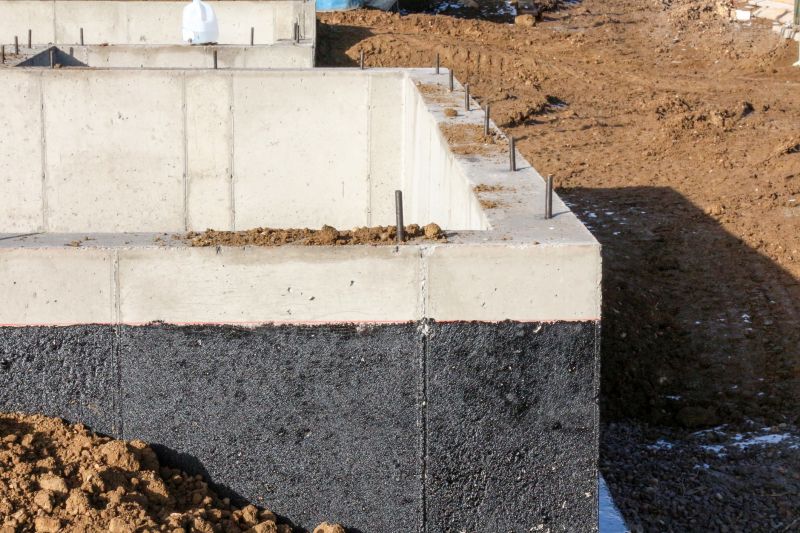
Clear, dry days with moderate temperatures are optimal for waterproofing projects.
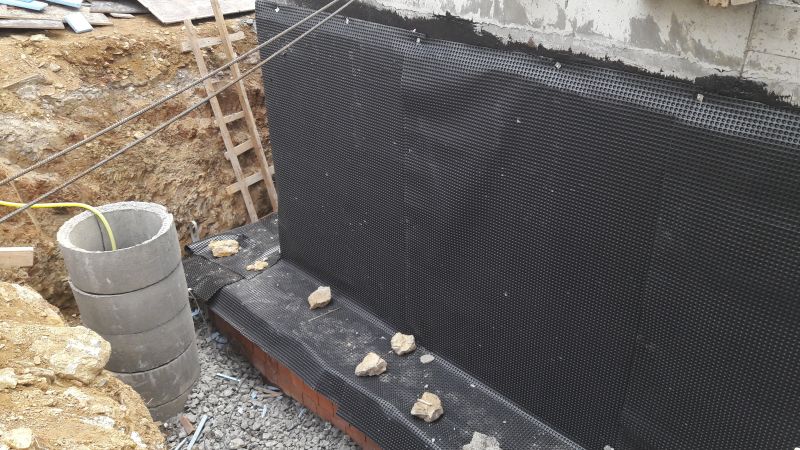
Various membranes and coatings suited for different seasons and conditions.
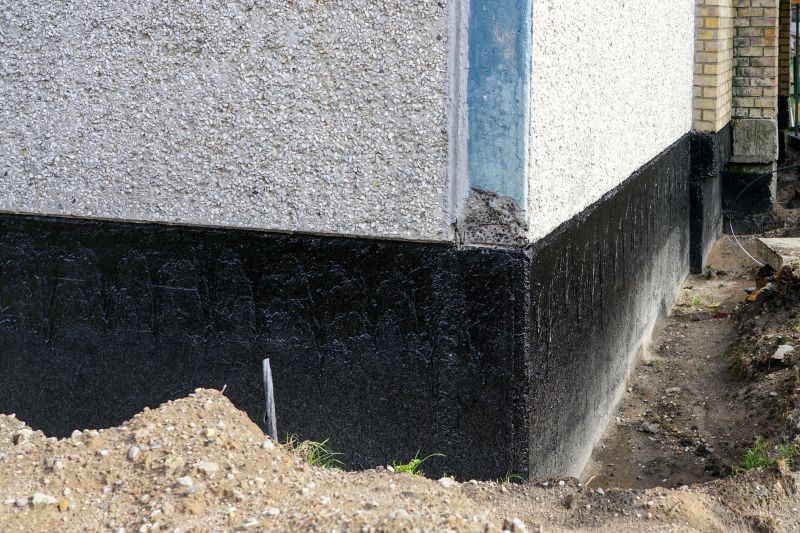
Applying waterproofing to foundation walls during suitable weather conditions.
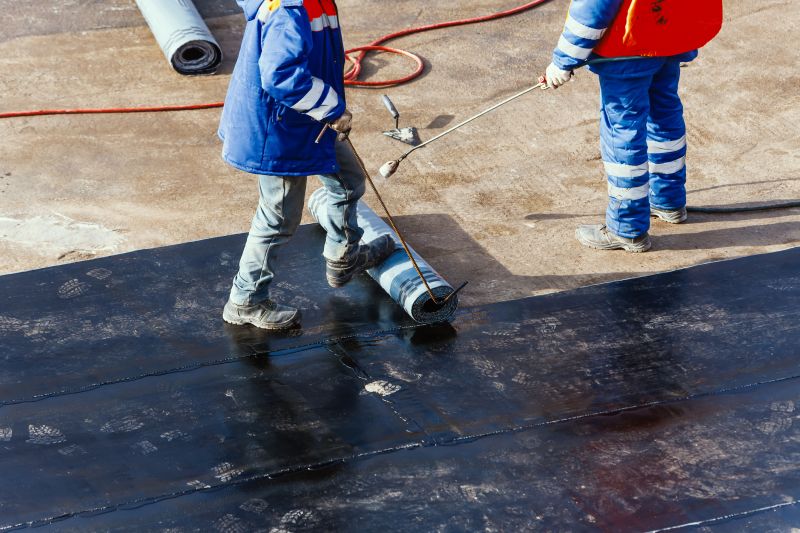
Using specialized coatings and membranes to ensure roof durability.
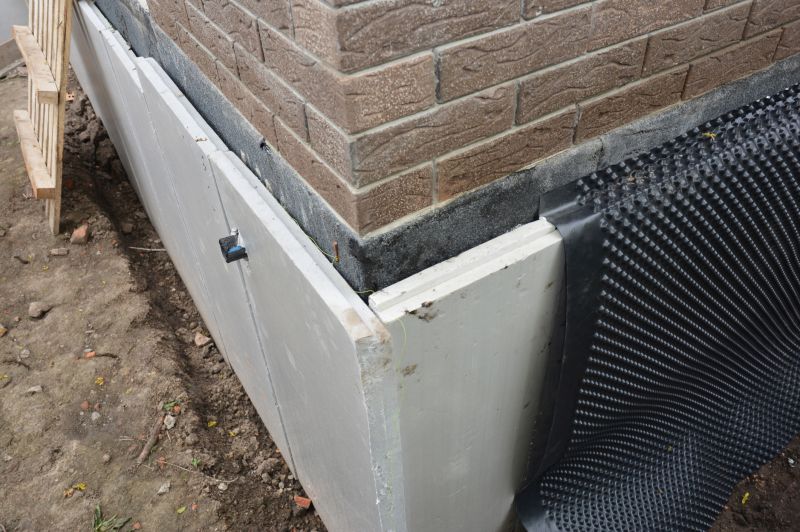
Integrating waterproofing during building phases for maximum protection.
| Season | Recommended Conditions |
|---|---|
| Spring | Temperatures 50-70°F, low humidity, dry days |
| Summer | Warm temperatures, avoid rain and high humidity |
| Fall | Cooler weather, dry conditions, low humidity |
| Winter | Freezing temperatures, not recommended for waterproofing |
Waterproofings are essential for protecting structures against water infiltration, which can cause foundation damage, mold growth, and structural deterioration. Proper application during suitable weather conditions ensures maximum adhesion and durability of waterproofing materials. Advances in waterproofing technology include flexible membranes, spray-applied coatings, and liquid sealants that adapt to various surfaces and environmental challenges.
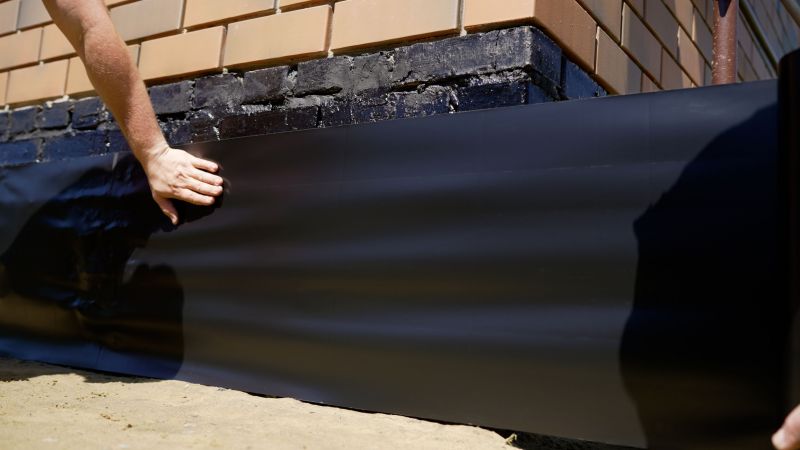
Applying a liquid membrane to a basement exterior.
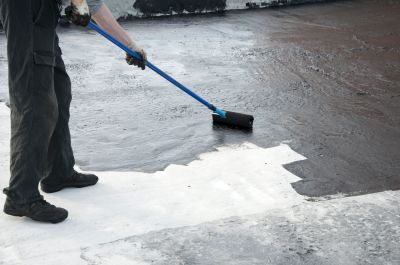
Sealing a flat roof with a waterproof coating.
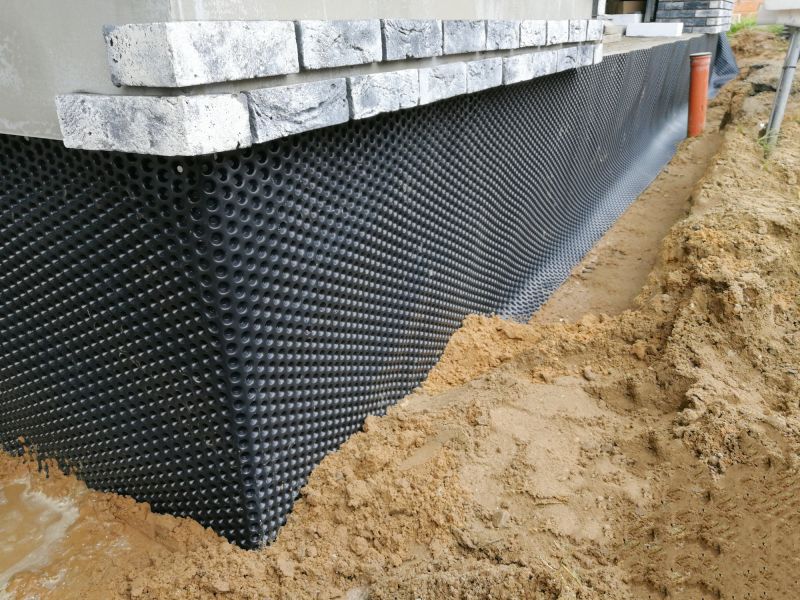
Installing membrane around a building foundation.
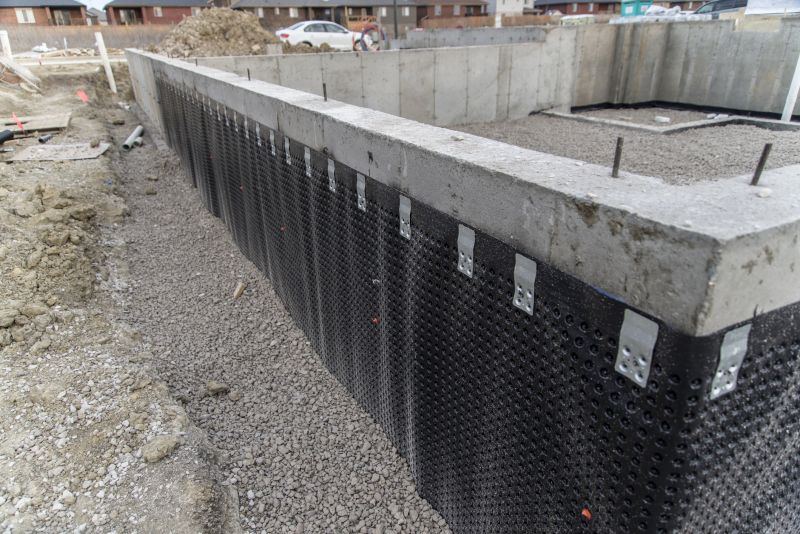
A close-up of membrane layers on a building exterior.
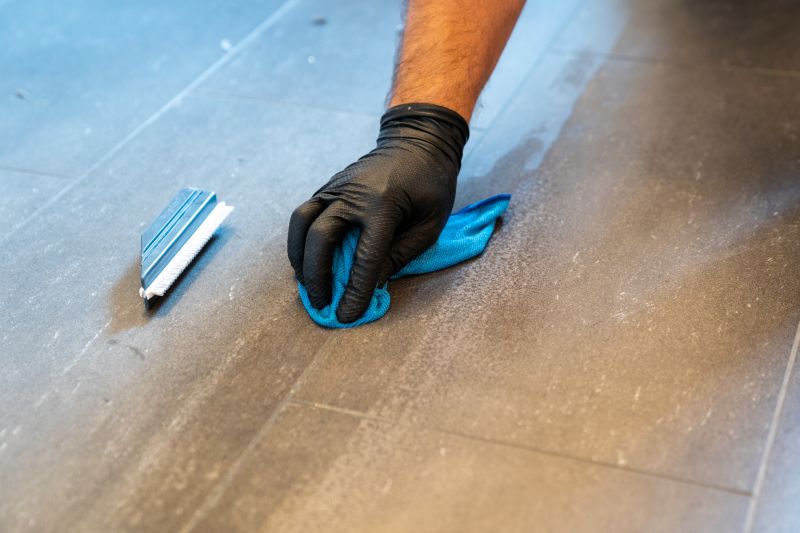
Ways to make Waterproofings work in tight or awkward layouts.
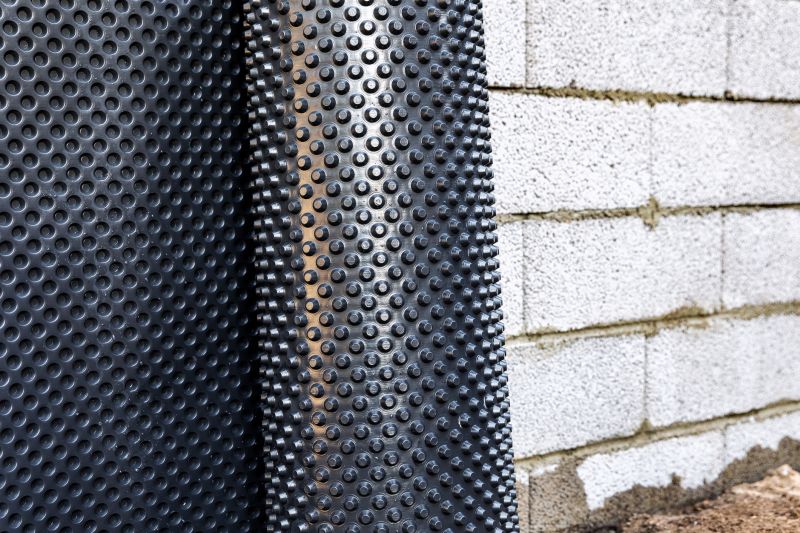
Popular materials for Waterproofings and why they hold up over time.
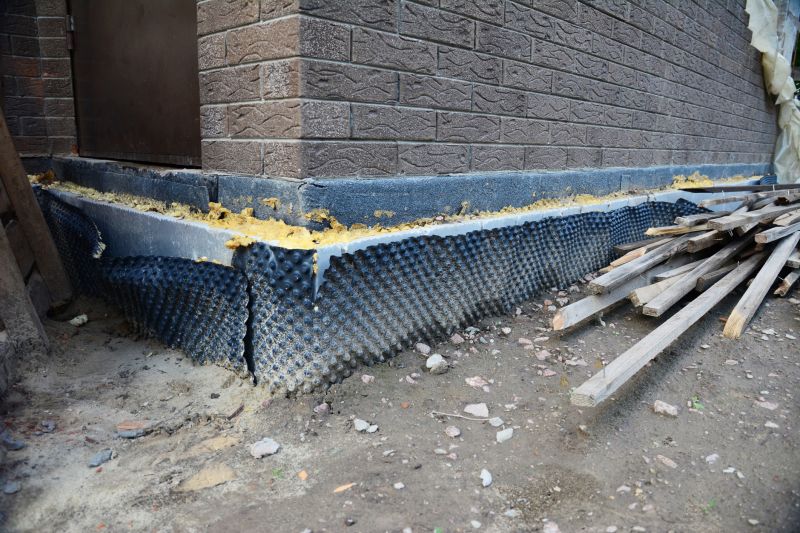
Simple add-ons that improve Waterproofings without blowing the budget.
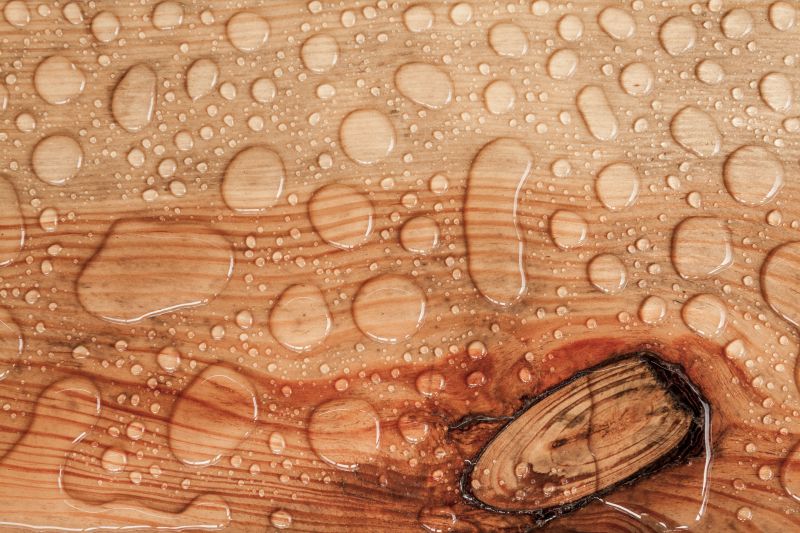
High-end options that actually feel worth it for Waterproofings.
Choosing the right time for waterproofing depends on local climate conditions, project scope, and material specifications. Consulting with professionals can help determine the optimal window for application, ensuring long-lasting protection. Proper timing, combined with quality materials and techniques, enhances the effectiveness of waterproofing systems and extends the lifespan of structures.


